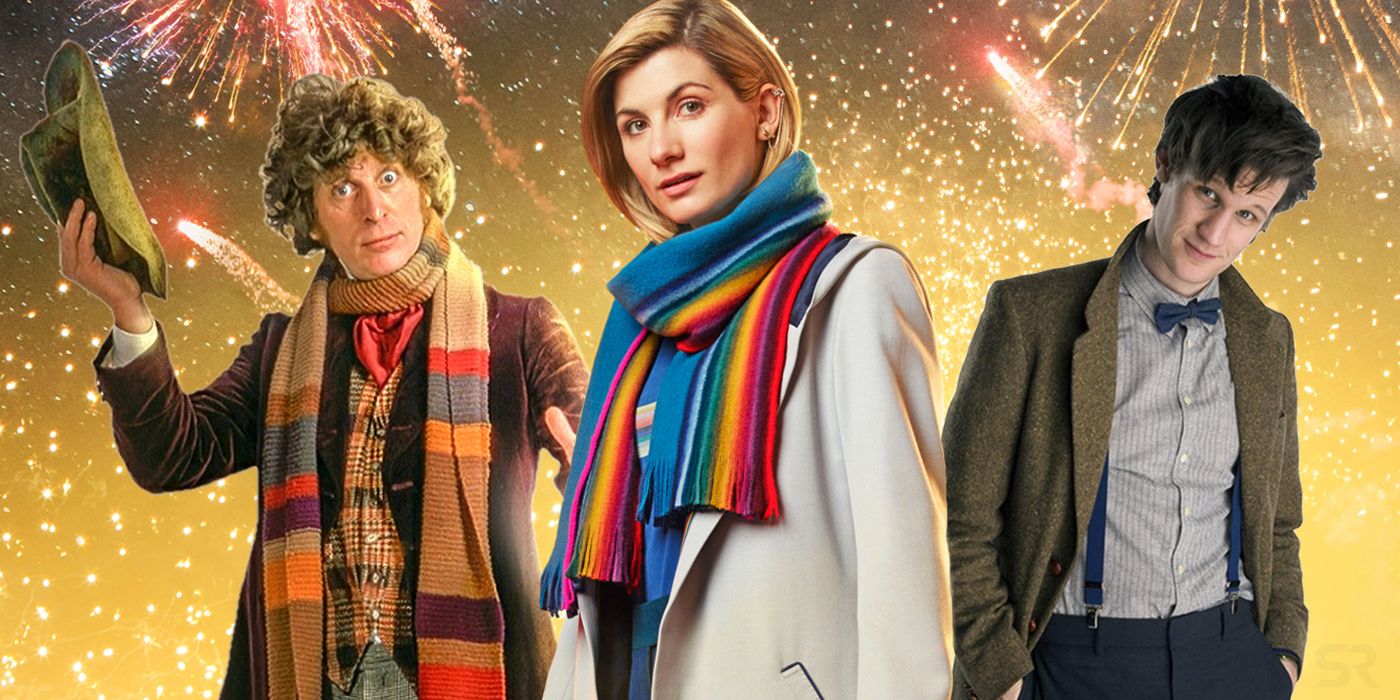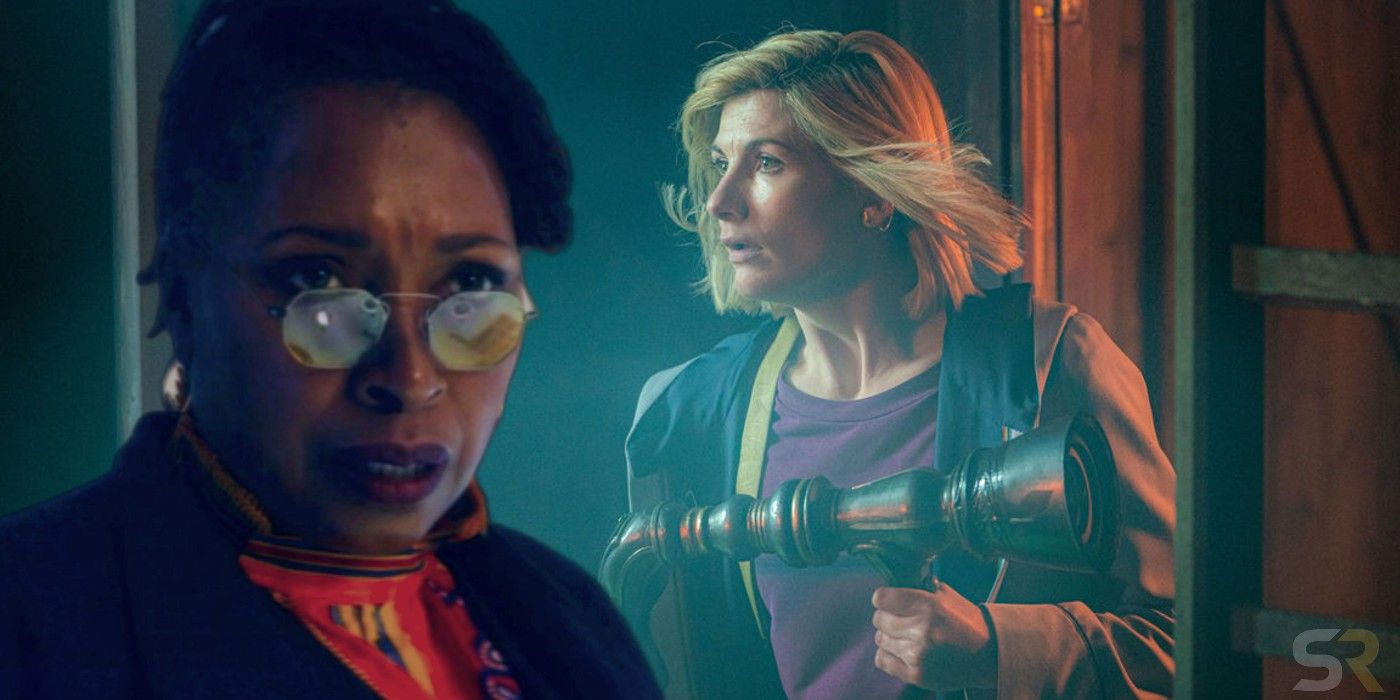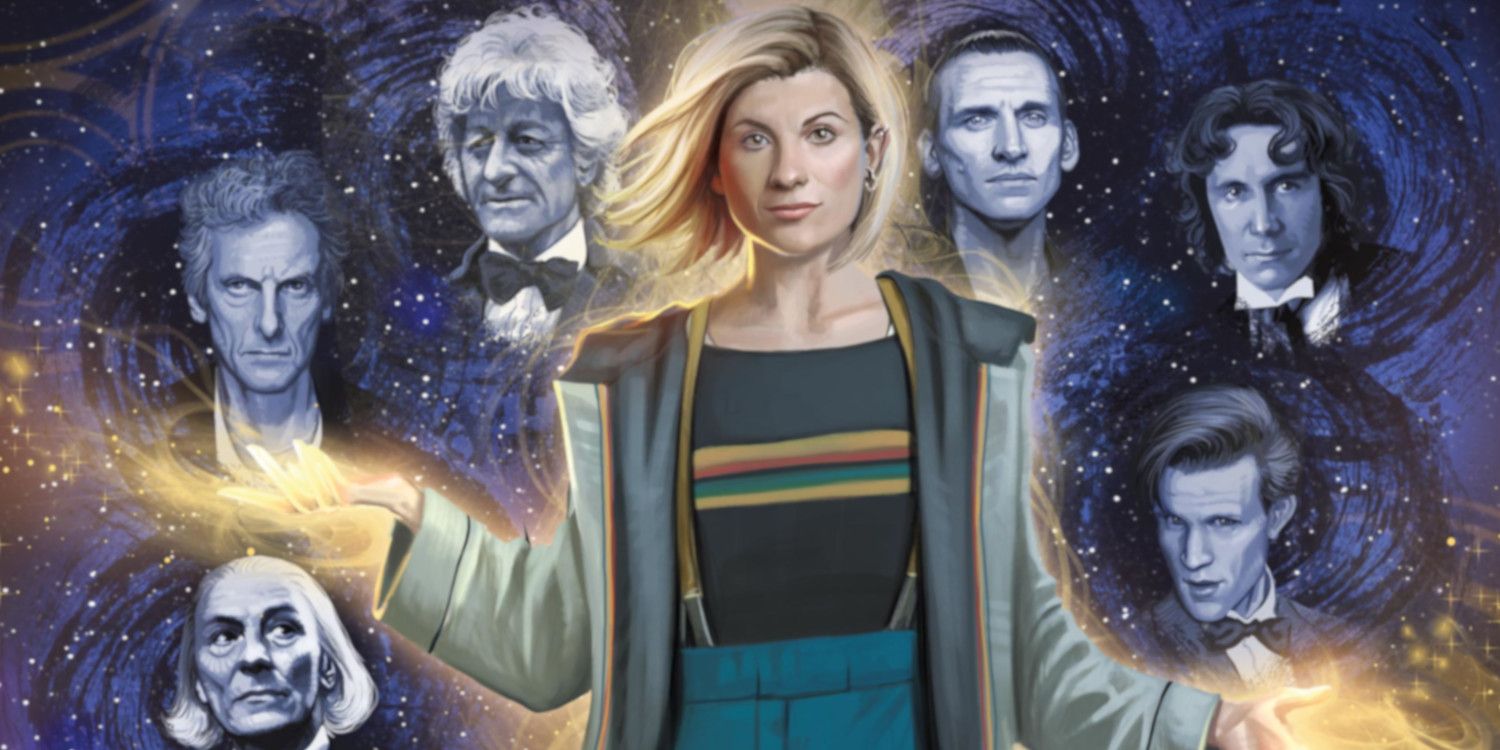WARNING: Spoilers for Doctor Who episode "Fugitive of the Judoon"
-
The past 50-odd years of Doctor Who have tracked roughly thousands of years (or a few billion, technically) of the time and space-traveling Doctor. Every iteration of the Doctor has mentioned their age in passing at some point or another, and as casual as this information might have been, it ultimately provided more questions than answers.
When the Doctor stole a TARDIS from Gallifrey and took off to explore time and space with his granddaughter, he was around 200 years old. Nearly half a century passed before he ever reached Earth in 1963, ultimately setting up the series and kicking off another half-century on television. The Doctor has lived, lost, loved, and even died, and as complex as her experiences have been, it's her age that's often confused fans the most on account of occasional inconsistencies and significant gaps in time. Some are explained, like the Doctor's 900 years spent protecting Trenzalore, but others are mostly overlooked. However, in season 12's fifth episode, "Fugitive of the Judoon," the Doctor more or less explains the time jumps in her age. It may not be the satisfying answer fans were hoping for, but it's something. It also sets up a potentially more detailed answer in the future.
The Doctor "Lost Count" of Her Age
At the end of "Fugitive of the Judoon," the Doctor reveals to Graham, Yaz, and Ryan that she met another version of herself - another Doctor (aka Ruth). Only, she doesn't recognize this Doctor, and it's more or less confirmed that this other version of herself isn't from her future. But after insisting that there's no other way that Ruth could be from her past, she acknowledges that, having lived "for thousands of years," she's "lost count" and has "had so many faces." Maybe the Doctor's memory, or lack thereof, is the connective thread throughout this season - or even her entire run as the Doctor.
This would explain why earlier iterations of the Doctor casually and mysteriously aged by anywhere from a couple hundred years to a couple thousand. Doctors 9 through 11 were revealed to be around the 900-year range, give or take. However, in the Tenth Doctor's televised animated special, "The Infinite Quest," it's hinted that he might actually be closer to 3000 years old, which at least matches up with the Third Doctor claiming to be a few thousand years old. This, of course, contradicts the Eleventh Doctor revealing that he's 1200 years old in his final season, only to shed a couple hundred years and telling Clara that he's closer to 1000. This number ultimately jumps up to 2000 with the Twelfth Doctor, which at least makes sense with his predecessor, considering his nine-century-stay on Trenzalore. But it doesn't fix any of plot holes in the past. The Thirteenth Doctor admitting she "lost count" is at least an honest explanation for the confusion.
The Doctor's Confusion May Be a Red Herring
Now, there could be - and likely is - more to the story. Maybe neither Doctor is from the other's past or future. Maybe the payoff is far more complicated. In her monologue to her companions at the end of "Fugitive of the Judoon," the Doctor acknowledges the fact that significant individuals from her past are showing up in her present, as well as the fact that she believes something is coming for her. "Time is swirling around me," she says. The Doctor's memory may be a bit cloudy on account of how many centuries she's been alive, but forgetting an entire chapter of her life seems unlikely. Given how much mystery has been surrounding this version of the Doctor, there's no doubt more to the story.
Also, aside from potentially being a satisfying payoff, it's possible that this could fix the series-long confusion about her age without retconning anything that happened before. Chris Chibnall's current run as Doctor Who's showrunner has been criticized for distancing itself too much from the show's history and continuity. On the contrary, his era might ultimately be the one to tie up long-gestating and aggravatingly overlooked plot holes, like the Doctor's age. If that's the case, the Thirteenth Doctor's era could wind up being one of the show's most important.



